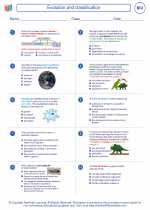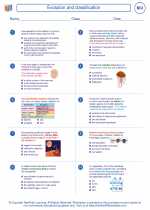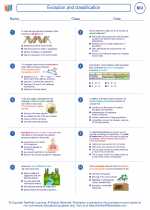Volcanism
Volcanism refers to the process of magma and associated gases rising through the earth's crust and erupting onto the surface. This process results in the formation of volcanic landforms such as volcanoes, lava domes, and volcanic ash.
Causes of Volcanism
Volcanism is primarily caused by the movement of tectonic plates and the resulting interactions between them. The Earth's crust is divided into several large and small tectonic plates that are constantly moving. When these plates interact, they can create conditions that allow magma to rise to the surface, leading to volcanic activity.
Types of Volcanoes
There are several types of volcanoes, including shield volcanoes, stratovolcanoes, and cinder cone volcanoes. Each type has its own unique characteristics and eruption patterns.
Volcanic Eruptions
Volcanic eruptions can vary in intensity and can be explosive or effusive. Explosive eruptions are characterized by the sudden release of gas and magma, leading to the ejection of ash, rocks, and volcanic bombs. Effusive eruptions, on the other hand, involve the relatively gentle outpouring of lava onto the surface.
Effects of Volcanism
Volcanic eruptions can have significant environmental, social, and economic impacts. These include the destruction of property, loss of life, the formation of new landforms, and the release of gases and ash that can affect the climate.
Study Guide
- Describe the process of volcanism and how it leads to the formation of volcanic landforms.
- Explain the primary causes of volcanism and the role of tectonic plate movement.
- Compare and contrast the different types of volcanoes, including shield, stratovolcanoes, and cinder cone volcanoes.
- Discuss the characteristics of explosive and effusive volcanic eruptions and the factors that influence eruption patterns.
- Analyze the environmental, social, and economic effects of volcanic eruptions and their implications for human societies.
◂Biology Worksheets and Study Guides High School. Evolution and classification

 Worksheet/Answer key
Worksheet/Answer key
 Worksheet/Answer key
Worksheet/Answer key
